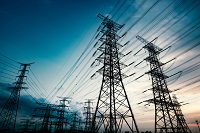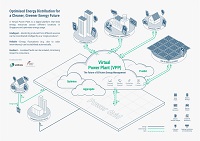Under the Electricity Act and Gas Act, contractors are required to obtain electricity cable plans and gas plans from SP PowerGrid before starting earthworks. In addition, they are required to hire a Licensed Cable Detection Worker to locate electricity cables to verify the cable plans.
Earthworks contractors are also required to submit a Notification for Commencement of Earthworks to SP PowerGrid at least 7 days before starting work. SP PowerGrid will issue a Letter of Requirements for earthworks, which all contractors must follow.
Since April 2018, the Registered Earthworks Supervisor (RES) scheme has been in place to prevent cable and gas pipeline damage. Only site supervisors who have passed the RES course and are registered with SP PowerGrid can supervise worksites near high voltage cables and gas pipelines. Non-compliance with SP PowerGrid's requirements results in demerit points for the RES, and their registration may be suspended or revoked if they exceed a certain number of points.
Contractors are also encouraged to follow the Code of Practice for Earthworks in the Vicinity of Electricity Cables (SS 576:2019) to prevent cable damage.
EMA investigates all electricity cable and gas pipeline damage incidents and takes action against those who break the law. Any person who damages electricity cables or gas pipelines belonging to an electricity or gas licensee respectively is guilty of an offence and may be fined up to $1 million or imprisoned for up to 5 years or both.
Tables 1 and 2 below list the earthwork contractors charged and convicted in court in the last two years for electricity cable damage and gas pipeline damage respectively. Consumers affected by electricity cable or gas pipeline damage incidents should seek legal advice before deciding whether to pursue legal action against the contractors.















